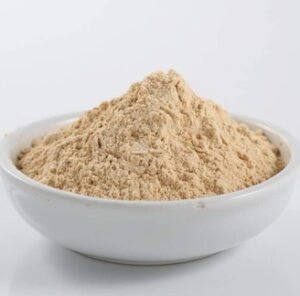Dehydrated Onion: Dehydrated onion is an onion that has had its moisture removed through a specialized drying process, which helps preserve its flavor and extends its shelf life. This process results in a concentrated flavor that enhances a variety of dishes. Dehydrated onions come in several forms, including flakes, granules, chopped, and powdered, making them versatile for different culinary applications.
They are commonly used in soups, sauces, seasoning blends, canned foods, and snacks, providing the rich taste of onions without the need for fresh preparation. With a shelf life of 3-5 years when stored properly, dehydrated onions are a convenient ingredient for home cooks and food manufacturers alike. They retain many of the nutritional benefits of fresh onions, making them a great addition to a balanced diet while saving time in meal preparation.
Fresh Onion: Fresh onions are a staple in kitchens around the world, known for their crisp texture and robust flavor. Available in various types—such as yellow, red, and white—fresh onions can range from sweet and mild to sharp and pungent, depending on their variety. They are rich in vitamins, minerals, and antioxidants, making them a nutritious addition to meals.
Fresh onions are versatile and can be used in a wide range of dishes, from salads and salsas to soups and stir-fries. They require peeling and chopping, which can add preparation time, but their vibrant flavor enhances the overall taste of any dish. With a shelf life of 3-10 months when stored properly, fresh onions should be kept in a cool, dry place. Their ability to elevate both raw and cooked dishes makes them an essential ingredient in many culinary traditions.


